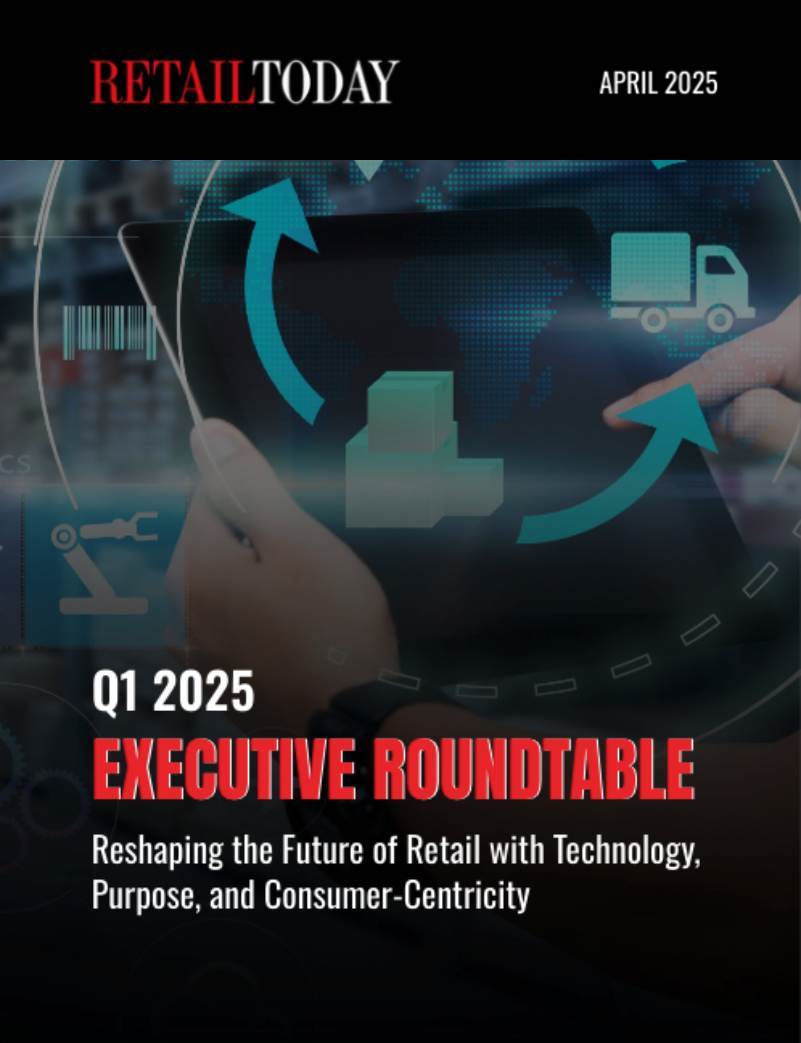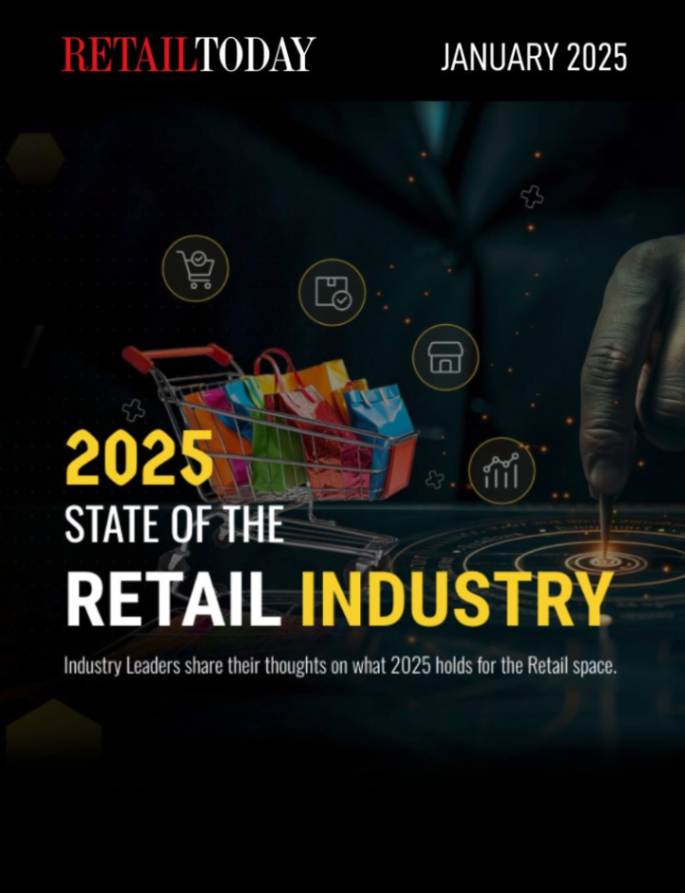
In today’s digital economy, the customer experience (CX) matters more than ever. A great CX is no longer a “nice to have” — it’s a must have for business success. Studies show that a good brand experience is worth a premium price for customers who want to feel valued throughout their digital journeys.
And yet, customer friction remains a significant issue, leading to abandonment, attrition and a decrease in revenue and lifetime value (LTV). Cart abandonment rates alone — which can range from 55-80% — cost billions of dollars in lost sales.
One of the most significant sources of customer friction in the digital journey is related to the account creation and sign-in steps — specifically in regard to passwords. As consumers, citizens and employees, we’re all acutely aware of the pain and inconvenience of passwords. Passwords are a hassle to remember and keep track of across the myriad of digital services we use. In fact, according to a FIDO Alliance survey, 58% of respondents have abandoned purchases due to the difficulty of managing passwords.
And from a security perspective, passwords are no longer effective, posing significant risks. According to Verizon, over 80% of web application breaches can be attributed to stolen credentials.
Fortunately, there’s a new innovation that is predicted to revolutionize digital retail: passkeys. Passkeys are a replacement for passwords that allow for faster, easier and more secure sign-ins across all of a user’s devices. Passkeys are used in the same way we unlock our phones – relying on biometric authentication such as Touch ID and Face ID. Passkeys also offer enormous security benefits as they are always strong and phishing-resistant.
Passkeys are a standard already supported on billions of devices such as smartphones, laptops and PCs thanks to industry leaders like Apple, Google and Microsoft — all of whom are working together as part of the FIDO Alliance, an open industry association.
By adopting passkeys, digital businesses can significantly simplify the account registration and sign-in processes. With their unique combination of security, convenience and accessibility, passkeys will be a key driver to a much-improved customer experience. Imagine the customer delight in reducing sign-in times by 50% and increasing the sign-in success rate from 80% to 98% – (just some of the results already seen by businesses deploying passkeys).
The benefits of passkeys extend beyond just the customers, however. For businesses, passkeys can reduce abandonment and attrition rates, increase LTV and enhance security. Passkeys prevent hack attacks at scale, reducing the risk of account takeovers and phishing attacks. Additionally, they eliminate the need for SMS OTP and reduce call center complaints from account lockouts, which can significantly reduce costs and improve operational efficiency.
Businesses that take advantage of passkeys now will enjoy a first-mover advantage over their competitors, allowing them to increase their brand recognition and customer loyalty. With a wave of high-profile digital brands already jumping on board and launching passkeys over the coming months — most recently with passkeys for Google Accounts — it’s clear this technology is the future of digital retail.
In conclusion, passkeys are the new alternatives to passwords that will transform the digital retail customer experience by offering faster, more secure and more successful sign-ups and sign-ins. By adopting passkeys, businesses can eliminate customer friction points, increase LTV and enhance security.
Simon Berman is the SVP of Product Marketing at Trusona, a leading passwordless authentication cloud provider.






